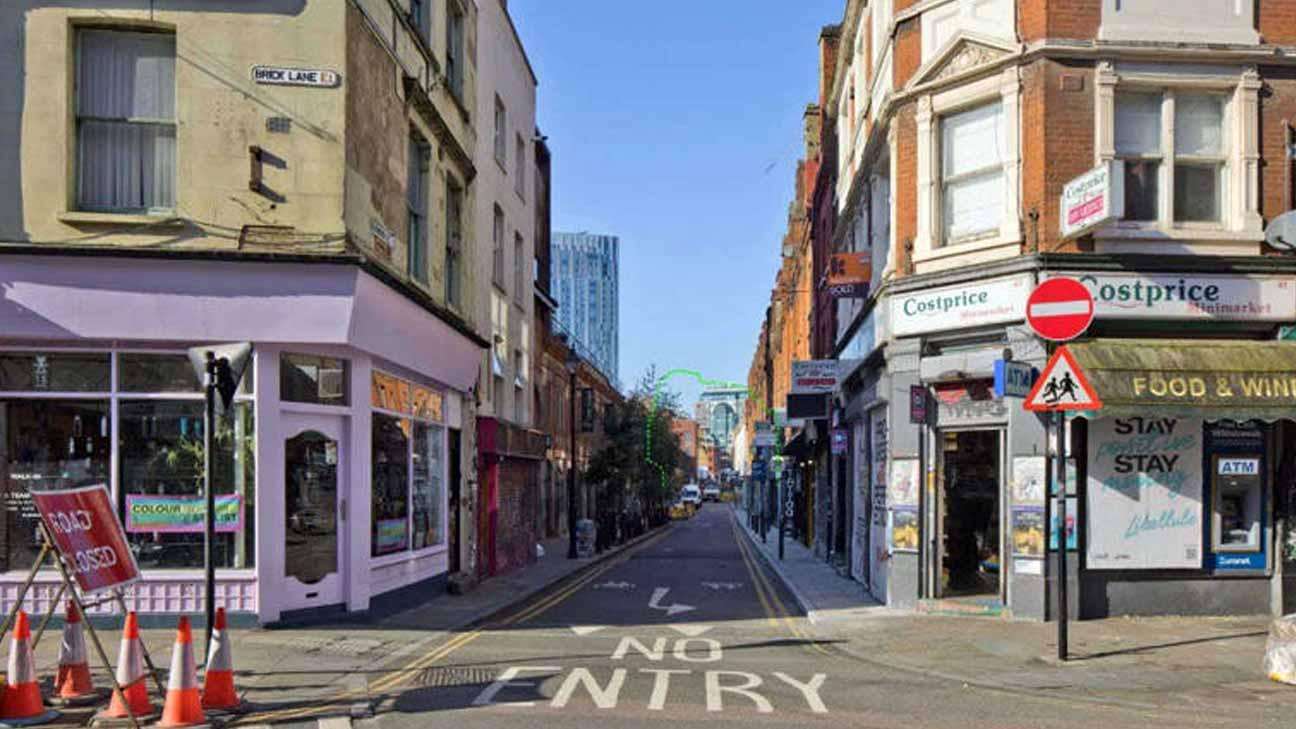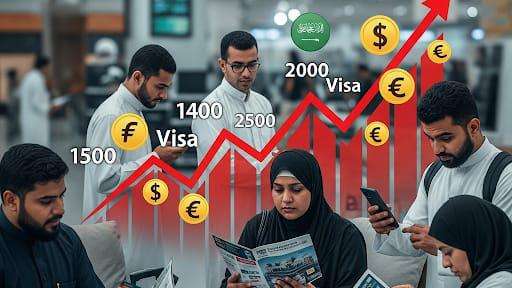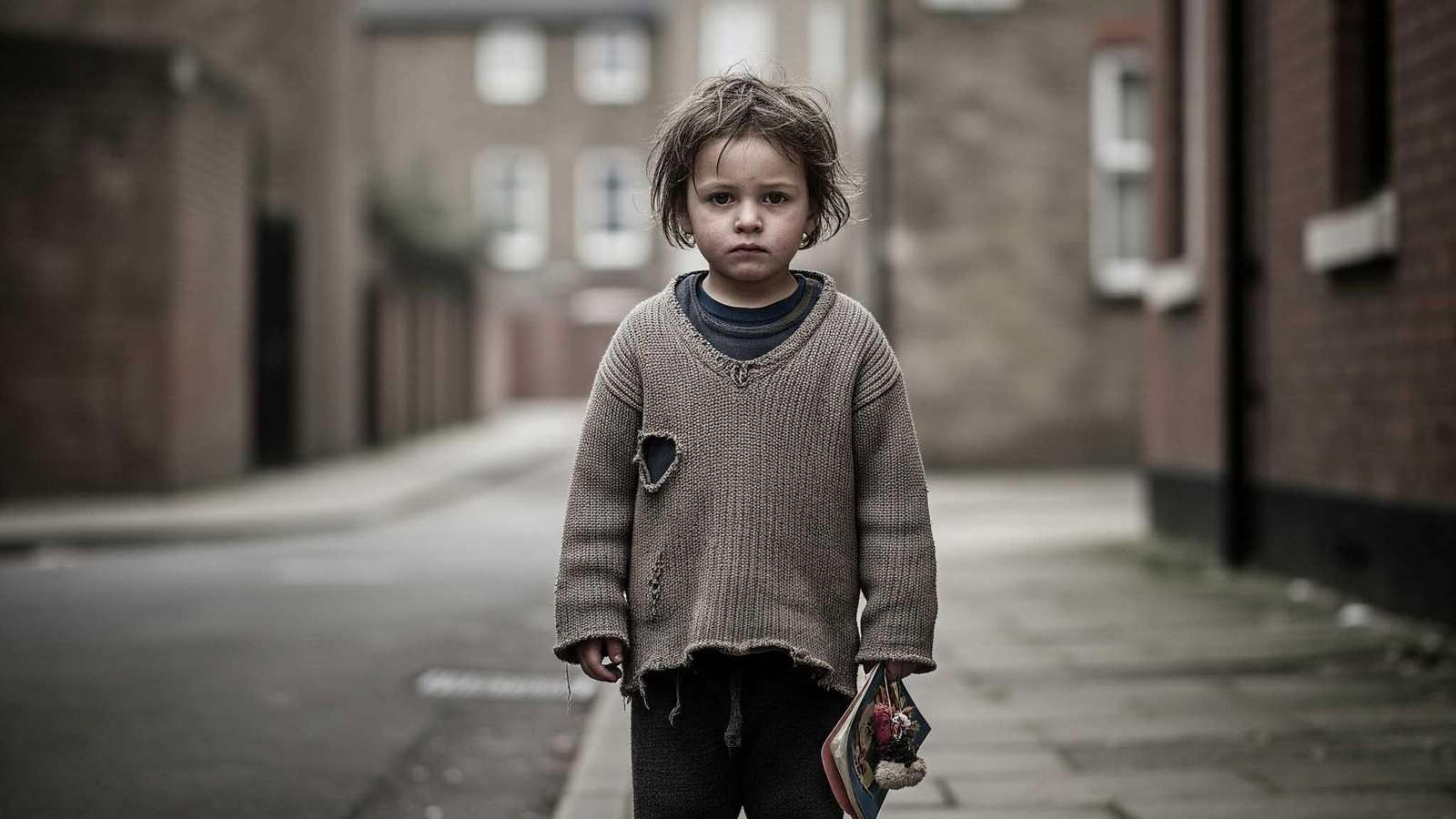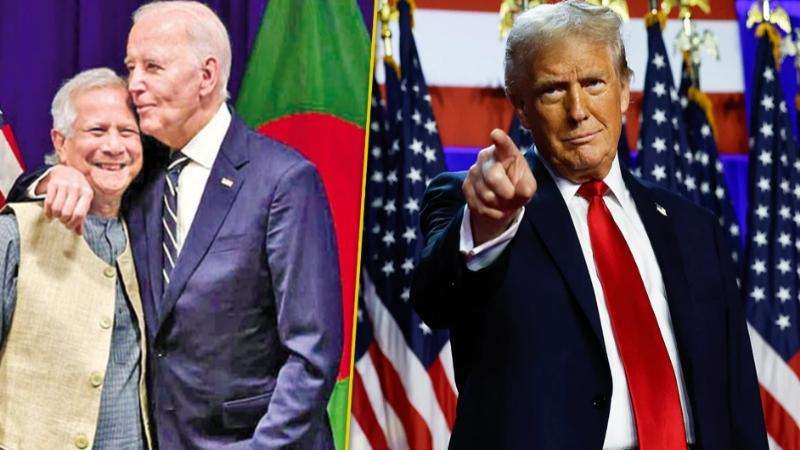
South Asian Heritage Month is being celebrated in Britain to celebrate the heritage and culture of South Asian countries including Bangladesh. The month of celebration which started from July 18 will end on August 17.
However, this month has been celebrated in Britain since 2019, except for the two Bengali film screenings on July 27 and August 1 and the discussion event titled Story of Bengal on August 5.
There is no visible involvement or participation in Britain's Bangladeshi community of over ten lakh Bangladeshis.
There is no attempt to highlight the history and heritage of Bangladesh among other communities in Britain or the new generation of British Bangladeshis.
Britain has the largest number of Bengali-speaking people outside of West Bengal. That is why Britain is called 'Third Bengal'. In that 'Third Bangla', the Bengali language is in dire straits. Among the generation of Bangladeshi origin born in Britain, the number of people who can read and write Bengali has decreased to less than five percent in the last 10 years.
There are over 11 million Bangladeshis living in Britain, including Bangladeshis and British Bangladeshis. In this community, in a handful of four or five part-time Bengali schools in London, Camden, Cardiff, Birmingham, hundreds of children are learning to read and write Bengali. Thousands of British Bangladeshi children have no formal opportunity to learn to speak, read or write in their mother tongue.
In the 1980s in Britain, Bengali was included as an optional subject in the GCSE and A Level syllabus and examinations. At that time, hundreds of students study and take exams in Bengali, but last year, only one candidate took the exam in Bengali at this level.
In the eighties, some mainstream primary schools in East London were named Bangabandhu Primary School, Bangbir Osmani Primary School, Kavi Nazrul School, Shapla School.
In the last 30 years, the population of Bangladeshis in East London has increased several times, but there has been no initiative to change the name of any mainstream school or educational institution to Bengali. On the contrary, the white people are petitioning for the name change of Kabi Nazrul School and Osmani School. A public consultation is also being held as usual to change the name. Altab Ali Park, the main symbol of Bengali heritage in Britain, was renamed St. Mary's Park.
Over the past decade, most of Britain's Bengali newspapers and many Bangladeshi TV stations have closed down. Although very few shop names are written in Bengali in various cities where Bangladeshi people live, almost 90% of young Bangladeshis born in Britain cannot read or write in Bengali.
Prominent theater organizer Muhib Chowdhury,who is also councilor of London's Barking and Dagenham boroughs, said that music concerts and various event management companies are doing business in the name of promoting Bangladeshi culture. But there is no attempt to match the heritage and culture of Bengal to the new generation. He further said, the flag has been hoisted in our council on the occasion of South Asian Heritage Month.
Our community has not been able to utilize the opportunity to promote Bengali language and culture in Britain due to lack of concerted efforts.
Sunahwar Ali, a former councilor of Tower Hamlets Council and community leader, said that there is no coordinated and effective initiative to highlight the history and culture of Bangladesh except for two or two old Bengali film exhibition shows and story programs.
The over one million Bengalis living in the UK have no visible involvement or participation in the Bangladeshi community in Britain.There is no attempt to introduce the history and heritage of Bangladesh to other communities in the UK or to the new generation of British Bengalis.
Saida Muna Tasnim, High Commissioner of Bangladesh High Commission in London, was contacted by phone and read out written questions, but she did not respond.
There are several community organizations of Bangladeshis in Britain.
 South Asian Heritage Month is being celebrated in Britain to celebrate the heritage and culture of South Asian countries including Bangladesh. The month of celebration which started from July 18 will end on August 17.
However, this month has been celebrated in Britain since 2019, except for the two Bengali film screenings on July 27 and August 1 and the discussion event titled Story of Bengal on August 5.
There is no visible involvement or participation in Britain's Bangladeshi community of over ten lakh Bangladeshis.
There is no attempt to highlight the history and heritage of Bangladesh among other communities in Britain or the new generation of British Bangladeshis.
Britain has the largest number of Bengali-speaking people outside of West Bengal. That is why Britain is called 'Third Bengal'. In that 'Third Bangla', the Bengali language is in dire straits. Among the generation of Bangladeshi origin born in Britain, the number of people who can read and write Bengali has decreased to less than five percent in the last 10 years.
There are over 11 million Bangladeshis living in Britain, including Bangladeshis and British Bangladeshis. In this community, in a handful of four or five part-time Bengali schools in London, Camden, Cardiff, Birmingham, hundreds of children are learning to read and write Bengali. Thousands of British Bangladeshi children have no formal opportunity to learn to speak, read or write in their mother tongue.
In the 1980s in Britain, Bengali was included as an optional subject in the GCSE and A Level syllabus and examinations. At that time, hundreds of students study and take exams in Bengali, but last year, only one candidate took the exam in Bengali at this level.
In the eighties, some mainstream primary schools in East London were named Bangabandhu Primary School, Bangbir Osmani Primary School, Kavi Nazrul School, Shapla School.
In the last 30 years, the population of Bangladeshis in East London has increased several times, but there has been no initiative to change the name of any mainstream school or educational institution to Bengali. On the contrary, the white people are petitioning for the name change of Kabi Nazrul School and Osmani School. A public consultation is also being held as usual to change the name. Altab Ali Park, the main symbol of Bengali heritage in Britain, was renamed St. Mary's Park.
Over the past decade, most of Britain's Bengali newspapers and many Bangladeshi TV stations have closed down. Although very few shop names are written in Bengali in various cities where Bangladeshi people live, almost 90% of young Bangladeshis born in Britain cannot read or write in Bengali.
Prominent theater organizer Muhib Chowdhury,who is also councilor of London's Barking and Dagenham boroughs, said that music concerts and various event management companies are doing business in the name of promoting Bangladeshi culture. But there is no attempt to match the heritage and culture of Bengal to the new generation. He further said, the flag has been hoisted in our council on the occasion of South Asian Heritage Month.
Our community has not been able to utilize the opportunity to promote Bengali language and culture in Britain due to lack of concerted efforts.
Sunahwar Ali, a former councilor of Tower Hamlets Council and community leader, said that there is no coordinated and effective initiative to highlight the history and culture of Bangladesh except for two or two old Bengali film exhibition shows and story programs.
The over one million Bengalis living in the UK have no visible involvement or participation in the Bangladeshi community in Britain.There is no attempt to introduce the history and heritage of Bangladesh to other communities in the UK or to the new generation of British Bengalis.
Saida Muna Tasnim, High Commissioner of Bangladesh High Commission in London, was contacted by phone and read out written questions, but she did not respond.
There are several community organizations of Bangladeshis in Britain.
South Asian Heritage Month is being celebrated in Britain to celebrate the heritage and culture of South Asian countries including Bangladesh. The month of celebration which started from July 18 will end on August 17.
However, this month has been celebrated in Britain since 2019, except for the two Bengali film screenings on July 27 and August 1 and the discussion event titled Story of Bengal on August 5.
There is no visible involvement or participation in Britain's Bangladeshi community of over ten lakh Bangladeshis.
There is no attempt to highlight the history and heritage of Bangladesh among other communities in Britain or the new generation of British Bangladeshis.
Britain has the largest number of Bengali-speaking people outside of West Bengal. That is why Britain is called 'Third Bengal'. In that 'Third Bangla', the Bengali language is in dire straits. Among the generation of Bangladeshi origin born in Britain, the number of people who can read and write Bengali has decreased to less than five percent in the last 10 years.
There are over 11 million Bangladeshis living in Britain, including Bangladeshis and British Bangladeshis. In this community, in a handful of four or five part-time Bengali schools in London, Camden, Cardiff, Birmingham, hundreds of children are learning to read and write Bengali. Thousands of British Bangladeshi children have no formal opportunity to learn to speak, read or write in their mother tongue.
In the 1980s in Britain, Bengali was included as an optional subject in the GCSE and A Level syllabus and examinations. At that time, hundreds of students study and take exams in Bengali, but last year, only one candidate took the exam in Bengali at this level.
In the eighties, some mainstream primary schools in East London were named Bangabandhu Primary School, Bangbir Osmani Primary School, Kavi Nazrul School, Shapla School.
In the last 30 years, the population of Bangladeshis in East London has increased several times, but there has been no initiative to change the name of any mainstream school or educational institution to Bengali. On the contrary, the white people are petitioning for the name change of Kabi Nazrul School and Osmani School. A public consultation is also being held as usual to change the name. Altab Ali Park, the main symbol of Bengali heritage in Britain, was renamed St. Mary's Park.
Over the past decade, most of Britain's Bengali newspapers and many Bangladeshi TV stations have closed down. Although very few shop names are written in Bengali in various cities where Bangladeshi people live, almost 90% of young Bangladeshis born in Britain cannot read or write in Bengali.
Prominent theater organizer Muhib Chowdhury,who is also councilor of London's Barking and Dagenham boroughs, said that music concerts and various event management companies are doing business in the name of promoting Bangladeshi culture. But there is no attempt to match the heritage and culture of Bengal to the new generation. He further said, the flag has been hoisted in our council on the occasion of South Asian Heritage Month.
Our community has not been able to utilize the opportunity to promote Bengali language and culture in Britain due to lack of concerted efforts.
Sunahwar Ali, a former councilor of Tower Hamlets Council and community leader, said that there is no coordinated and effective initiative to highlight the history and culture of Bangladesh except for two or two old Bengali film exhibition shows and story programs.
The over one million Bengalis living in the UK have no visible involvement or participation in the Bangladeshi community in Britain.There is no attempt to introduce the history and heritage of Bangladesh to other communities in the UK or to the new generation of British Bengalis.
Saida Muna Tasnim, High Commissioner of Bangladesh High Commission in London, was contacted by phone and read out written questions, but she did not respond.
There are several community organizations of Bangladeshis in Britain.
_2.jpg)






.svg)

